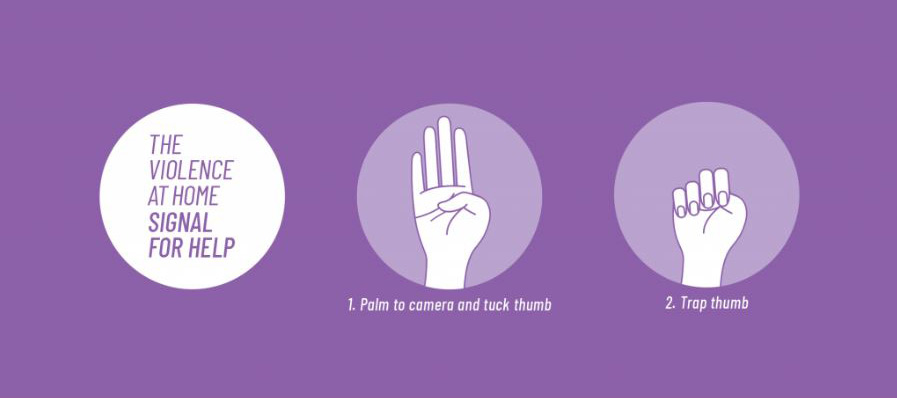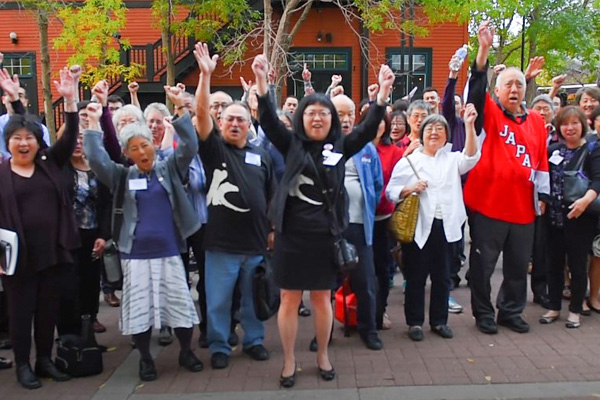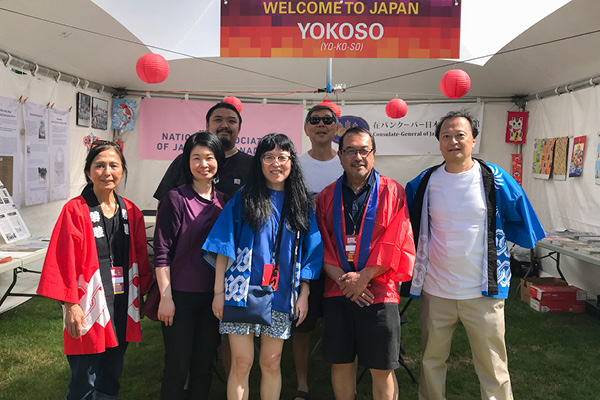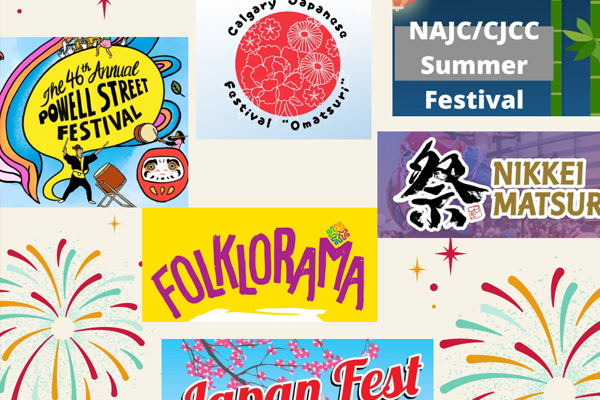by Lorene Oikawa
When I wrote my last president’s message, we were reviewing the initial results of the elections in Saskatchewan and British Columbia. With the unprecedented number of mail-in ballots, it was going to take a while with the final count. The results are now final. In Saskatchewan, the Saskatchewan Party won 48 seats to the NDP’s 13 seats. No other party won a seat.
In British Columbia, the BC NDP won 57 seats to the 28 seats for the BC Liberals, and two for the BC Greens. Premier John Horgan has named his cabinet and made equity and anti-racism a priority for all of them. He has also given a mandate to his new Minister of Tourism, Arts, Culture and Sport to “Honour the Japanese-Canadian community by providing lasting recognition of the traumatic internment of more than 22,000 Japanese-Canadians during World War II in libraries, communities and at the BC Legislature.” This was also part of the BC NDP’s platform. We were meeting with the BC government prior to the election being called. We have been in touch and look forward to continuing our work with them on meaningful legacy initiatives for the Japanese Canadian community.
We’ve sometimes felt that the holiday season was coming upon us too fast, but this year, for some people it can’t come fast enough. We’re dealing with a second wave of the COVID-19 pandemic and we really need some comfort and joy, and a happy, safe new year.
In British Columbia, we are hoping that if everyone abides by the rules, wear a mask and avoid gathering, then the numbers will stop climbing, and perhaps we can have modest gatherings at Christmas. At this point, it does not seem likely, so we need to plan for the worst and hope for the best.
It does feel harsh that at a time when we need our families the most, it is a gathering that could harm them. In order to protect our loved ones and everyone, we must follow the provincial health officer’s orders. Please wear a mask. Also, please spare a kind thought for some who are dealing with ill and dying parents. I know too well how hard it can be, and with a pandemic it puts a greater strain on families.
Be gentle with others and yourself. Share the kindness. We see the increase in hate and those who are lashing out against the safety procedures. It’s a small number, but they take a lot of space and seem to occupy a lot of air time. We need to speak out against hate and also see how we can be an ally to those in need. The pandemic is exposing the inequities which existed prior to the pandemic and it is getting worse.
Women who are disproportionately represented in violence statistics are sometimes at greater risk being trapped with their abusers at home. Follow the 16 days of activism against gender-based violence, an international campaign through the UN, which runs from November 25 to December 10, Human Rights Day. Use #OrangeTheWorld and #16Days in social media posts. Also, check out the Canadian Women’s Foundation campaign for the Violence at Home Signal for Help. It’s a discreet way for a woman at risk of abuse or violence to silently signal for help in online meetings. The signal is a woman holding her hand with palm to the camera, tucking her thumb in her palm and then folding her fingers down to cover her thumb. Read more how you can safely help a woman in distress.
When you are doing your holiday shopping, keep in mind local businesses in your community. Many are offering shop online and curbside pickups. Also, check out any virtual shopping opportunities through local NAJC member organizations such as purchasing a membership and making donations, virtual craft fairs, and supporting Japanese Canadian artists and authors, and community groups. A subscription to Nikkei Voice and The Bulletin magazine also make good gifts. Your support would be very appreciated and helps strengthen the community.
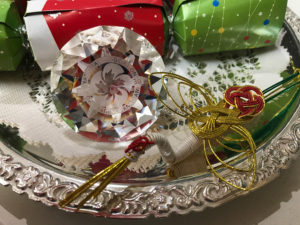 However you celebrate the holidays, I hope you will enjoy some wonderful Japanese food on January 1st. Our family tradition starts on New Year’s Eve when we eat noodles before midnight. The long noodles represent a long life. Soba noodles are made from buckwheat which is a hardy plant and it represents strength and resilience. Also, it is said that the noodles are easily cut so it’s a way of letting go of the hardship of the year.
However you celebrate the holidays, I hope you will enjoy some wonderful Japanese food on January 1st. Our family tradition starts on New Year’s Eve when we eat noodles before midnight. The long noodles represent a long life. Soba noodles are made from buckwheat which is a hardy plant and it represents strength and resilience. Also, it is said that the noodles are easily cut so it’s a way of letting go of the hardship of the year.
On New Year’s Day, osechi-ryori are the lucky foods that are prepared in advance so that you would not cook on the first three days of the New Year. You can buy a lot of food at Japanese grocery stores or restaurants. I buy and make the foods. It’s a delicious way to start the New Year and by carrying on the family traditions it reminds me of my mom and grandmother and connects me to my ancestors. Here are some of the foods I eat on New Year’s Day. Kuromame are sweetened black beans that symbolize good health. Nishime has gobo, carrots, lotus root, and taro. Ebi – cooked prawns representing long life. Tazukuri – dried baby anchovies coated in soy sauce symbolize a bountiful harvest. Konbu – seaweed – means happiness and joy. Kinpira – gobo (burdock root) and carrot. Gobo means good health and harvest. Renkon – the holes in lotus root means you can see the future. Kamaboko – usually pink and white. Mochi – pounded sweet rice filled with anko (sweet red bean paste). What are your family traditions and holiday food? Email national@najc.ca or share on our NAJC Facebook. Keep in touch with NAJC e-news at https://najc.ca/subscribe/
Enjoy the holidays! Stay safe!
With best wishes from the National Executive Board.

